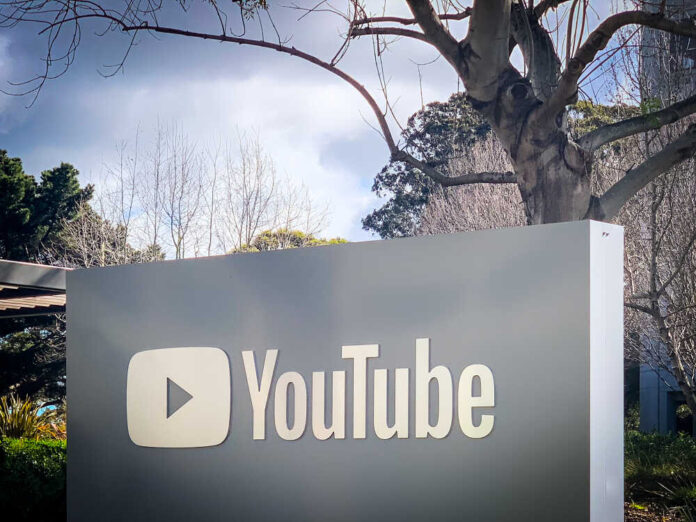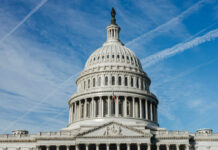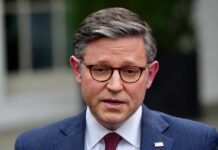
After presiding over an era of unprecedented censorship on YouTube, Susan Wojcicki has announced she will be stepping down from her role as CEO.
Wojcicki dropped the big news just a day after the House of Representatives doled out subpoenas to CEOs of numerous Big Tech companies, including YouTube’s owner, Google. She was one of Google’s original employees, joining 25 years ago, and now plans to continue working with Google’s parent company, Alphabet in an advising role. Neal Mohan, a YouTube senior advertising and product executive who is reportedly in favor of censorship, will be replacing Wojcicki.
While free speech advocates may not be disappointed by Wojcicki’s departure, there are concerns that Mohan may continue her pro-censorship stance. Despite previously claiming that YouTube is pro-free speech and that its employees aren’t “arbiters of truth,” Mohan has described YouTube’s community guidelines, which outline criteria for censoring content, as “robust.” He has even boasted about the efficiency of YouTube’s censorship system.
While those who believe in freedom of expression are likely not very upset about Wojccicki’s departure, some have expressed concerns that Mohan’s reign will not be much different. He has notably boasted about YouTube’s openly practiced censorship of whatever content it deems as “dangerous coronavirus information.”
“YouTube has a long history of silencing conservatives and then making it impossible to appeal their decisions,” Vice President of MRC Free Speech America & MRC Business Dan Schneider commented. “It is hard to imagine it picking anyone worse than Wojcicki. But then again Venezuelans picked Marxist Maduro after Hugo Chavez met his maker.”
A user on Twitter shared a humorous clip hinting at how they expect Mohan’s assumption of the position to unfold.
“FINALLY, SUSAN WOJCICKI IS STEPPING DOWN, YOUTUBE CAN FINALLY BECOME A GOOD PLATFORM AGAIN!!!”
Neal Mohan: pic.twitter.com/R2jy54H3xQ
— 『 squish 』♪ (@squishnt) February 17, 2023
Wojcicki proudly spoke about YouTube’s censorship during an appearance at a World Economic Forum (WEF) Davos conference in May of last year. She talked about the supposed need to censor so-called “misinformation” online, while also ironically paying lip service to the concept of free expression, saying, “Running a company that has–that really focuses on free speech, we want to make sure that we’re enabling a broad set of opinions that everyone has a right to express their point of view, provided they meet our community guidelines.”
Mohan made similar claims, alleging at an event in London on May 20 that YouTube is “an open platform,” and is not comprised of “gatekeepers.”













